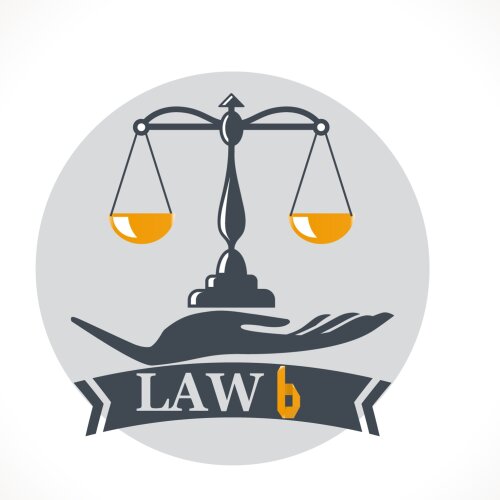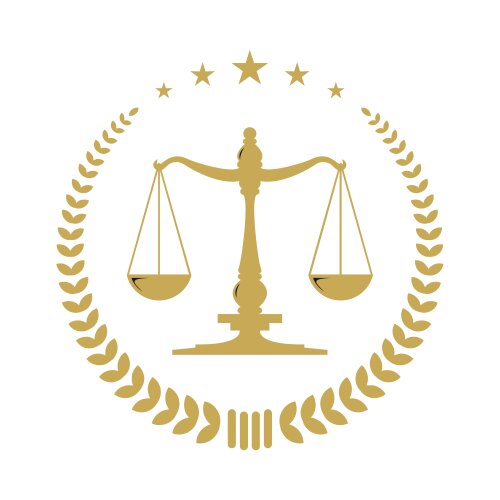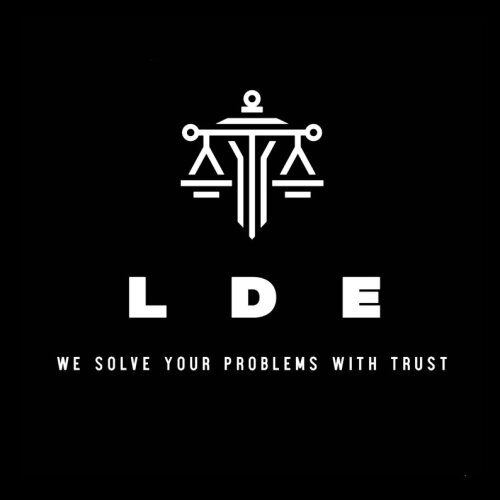Best Corporate Governance Lawyers in Islamabad
Share your needs with us, get contacted by law firms.
Free. Takes 2 min.
List of the best lawyers in Islamabad, Pakistan
About Corporate Governance Law in Islamabad, Pakistan
Corporate governance refers to the system of rules, practices, and processes by which companies are directed and controlled. In Islamabad, as in the rest of Pakistan, corporate governance laws seek to ensure companies are managed responsibly, fairly, and transparently to protect the rights and interests of all stakeholders, including shareholders, employees, customers, and the public. These laws set out how boards of directors should operate, define disclosure requirements, and establish obligations regarding accountability and ethical conduct. The Securities and Exchange Commission of Pakistan (SECP) is the main regulator overseeing corporate governance in the country.
Why You May Need a Lawyer
Seeking legal advice in corporate governance is vital for both established businesses and startups. Common situations where you may require a lawyer’s help include:
- Ensuring compliance with SECP regulations and other relevant laws
- Drafting or reviewing company policies and codes of conduct
- Resolving disputes between shareholders, directors, or other stakeholders
- Managing mergers, acquisitions, or restructuring processes
- Assisting with board of directors formation, governance structures, and related documentation
- Advising on disclosure and transparency requirements
- Handling matters related to breach of fiduciary duties or conflicts of interest
- Addressing whistleblowing or internal investigations
- Support during audits and regulatory inspections
- Guidance during capital raising and public listing
Navigating corporate governance laws can be complex. A qualified lawyer can help you avoid legal pitfalls and ensure your company follows the best practices expected under the law in Islamabad.
Local Laws Overview
Key legislation governing corporate governance in Islamabad includes:
- Companies Act, 2017 - This is the primary statute regulating incorporation, management, and operation of companies in Pakistan. It covers director duties, shareholder rights, audit requirements, and mandatory disclosures.
- Listed Companies (Code of Corporate Governance) Regulations, 2019 - Issued by the SECP, these regulations set standards for boards of listed companies regarding board composition, independence, and conduct.
- Securities and Exchange Commission of Pakistan Act, 1997 - This law establishes the SECP and outlines its regulatory authority over corporate entities and capital markets.
- Public Sector Companies (Corporate Governance) Rules, 2013 - These rules apply to state-owned enterprises, providing guidelines on board structures and accountability mechanisms.
- Anti-Money Laundering Act, 2010 - Addresses legal requirements for reporting and preventing illegal financial activities within companies.
Companies must adhere to various filing deadlines, disclosure requirements, and governance practices. Failure to comply with corporate governance laws can result in penalties, disqualification of directors, or other regulatory actions.
Frequently Asked Questions
What is the primary law governing corporate governance in Islamabad?
The Companies Act, 2017 is the main law that governs corporate governance for all companies operating in Islamabad and across Pakistan. Additional codes and rules may apply depending on whether a company is publicly listed or state-owned.
Who regulates corporate governance for companies in Islamabad?
The Securities and Exchange Commission of Pakistan (SECP) is the primary regulator enforcing corporate governance laws in Islamabad.
What are the main responsibilities of a board of directors under Pakistani law?
Boards are responsible for strategic direction, oversight of management, ensuring compliance with laws, managing conflicts of interest, approving financial statements, and safeguarding stakeholders' rights.
Are there mandatory requirements for board composition?
Yes. For listed companies, regulations set out specific rules for the number of independent directors, women on the board, and separation of the positions of chairman and chief executive officer.
How can shareholders hold directors accountable?
Shareholders can exercise voting rights at general meetings, raise concerns with the SECP, initiate legal proceedings for breaches of fiduciary duty, and request audits or special investigations.
What are common penalties for non-compliance with corporate governance laws?
Penalties may include fines, director disqualification, suspension of trading, and reputational damage. In severe cases, companies may face criminal prosecution.
Must private companies also follow corporate governance rules?
Yes, the Companies Act, 2017 applies to all companies, though some requirements are specific to listed or public sector companies.
What key documents must companies maintain under the law?
Mandatory documents include memoranda and articles of association, minutes of board and general meetings, statutory registers, annual financial statements, and records of regulatory filings.
How often must companies disclose financial information?
All companies must prepare and submit annual financial statements. Listed companies are further required to provide quarterly financial reports to the SECP and stock exchanges.
Where can someone report corporate governance violations?
Complaints can be submitted to the SECP. Employees and shareholders may also have protection under whistleblower policies and relevant laws.
Additional Resources
The following organizations and resources are valuable for anyone seeking information or assistance with corporate governance in Islamabad:
- Securities and Exchange Commission of Pakistan (SECP): The central regulatory authority for corporate governance, licensing, and compliance matters.
- Islamabad Chamber of Commerce and Industry: Provides guidance and support to businesses, including corporate best practices.
- Pakistan Institute of Corporate Governance (PICG): Offers training, standards, and research to improve governance practices.
- Law firms specializing in corporate law: Many Islamabad-based firms provide consultancy and legal representation in corporate governance disputes.
- Federal Board of Revenue (FBR): For tax compliance and company registration information relevant to corporate entities.
- Non-governmental organizations (NGOs) focusing on corporate responsibility, transparency, and ethical business conduct.
Next Steps
If you believe you need legal assistance with a corporate governance matter in Islamabad:
- Gather all relevant company records and documents, such as registration certificates, board meeting minutes, and compliance filings.
- Identify the specific issue or compliance concern you need to address.
- Contact a reputable law firm or legal practitioner experienced in corporate governance.
- Consider arranging a consultation with more than one lawyer to find expertise that fits your needs.
- Prepare a list of questions to ask your lawyer about your compliance obligations, possible risks, and the legal process involved.
Timely legal advice can help resolve potential issues before they escalate, protect your company’s reputation, and ensure ongoing compliance with corporate governance standards in Islamabad, Pakistan.
Lawzana helps you find the best lawyers and law firms in Islamabad through a curated and pre-screened list of qualified legal professionals. Our platform offers rankings and detailed profiles of attorneys and law firms, allowing you to compare based on practice areas, including Corporate Governance, experience, and client feedback.
Each profile includes a description of the firm's areas of practice, client reviews, team members and partners, year of establishment, spoken languages, office locations, contact information, social media presence, and any published articles or resources. Most firms on our platform speak English and are experienced in both local and international legal matters.
Get a quote from top-rated law firms in Islamabad, Pakistan — quickly, securely, and without unnecessary hassle.
Disclaimer:
The information provided on this page is for general informational purposes only and does not constitute legal advice. While we strive to ensure the accuracy and relevance of the content, legal information may change over time, and interpretations of the law can vary. You should always consult with a qualified legal professional for advice specific to your situation.
We disclaim all liability for actions taken or not taken based on the content of this page. If you believe any information is incorrect or outdated, please contact us, and we will review and update it where appropriate.

















